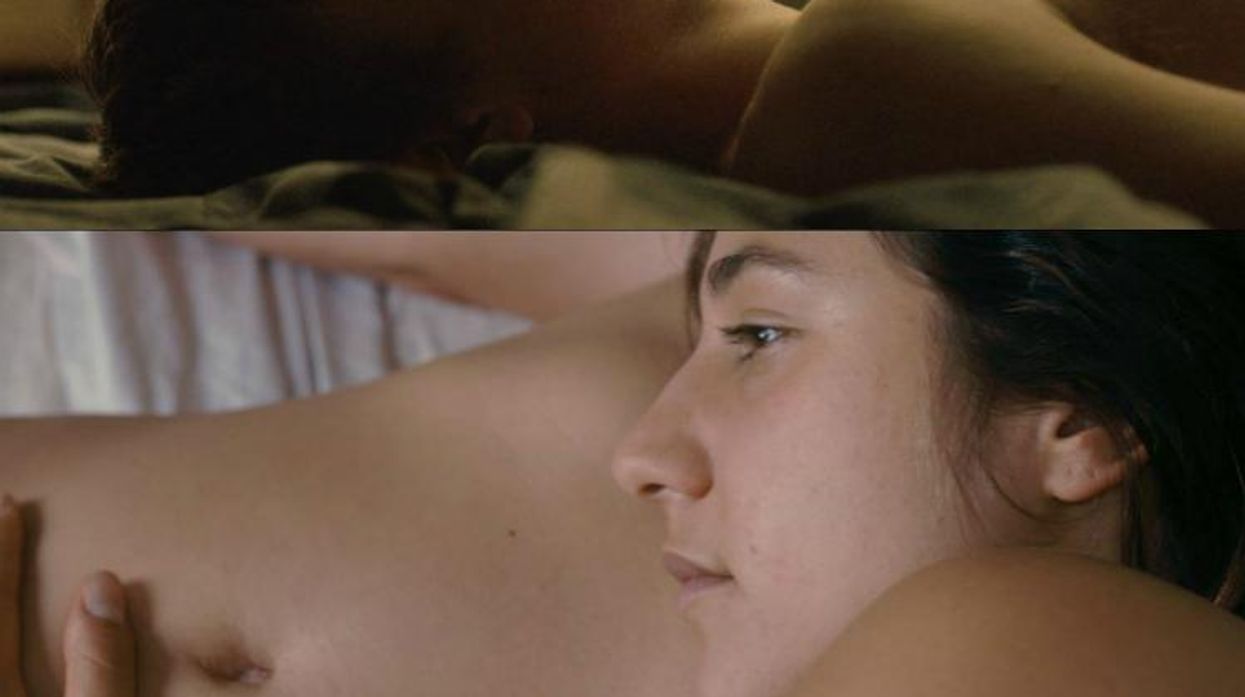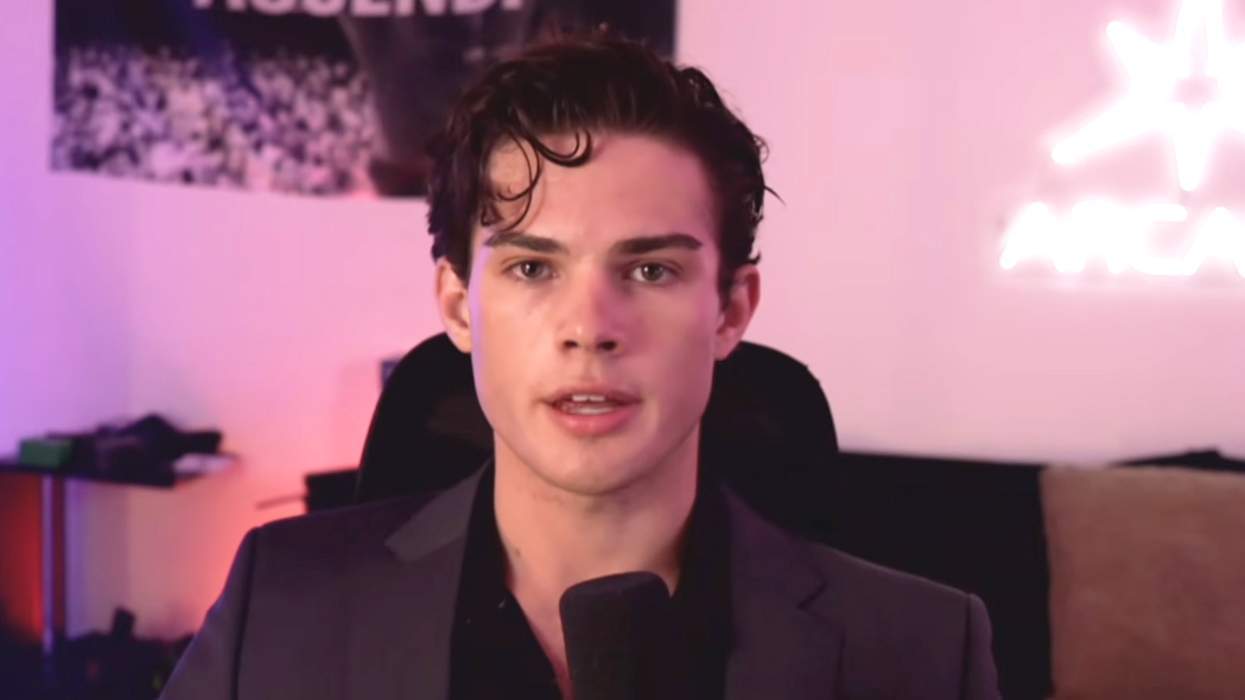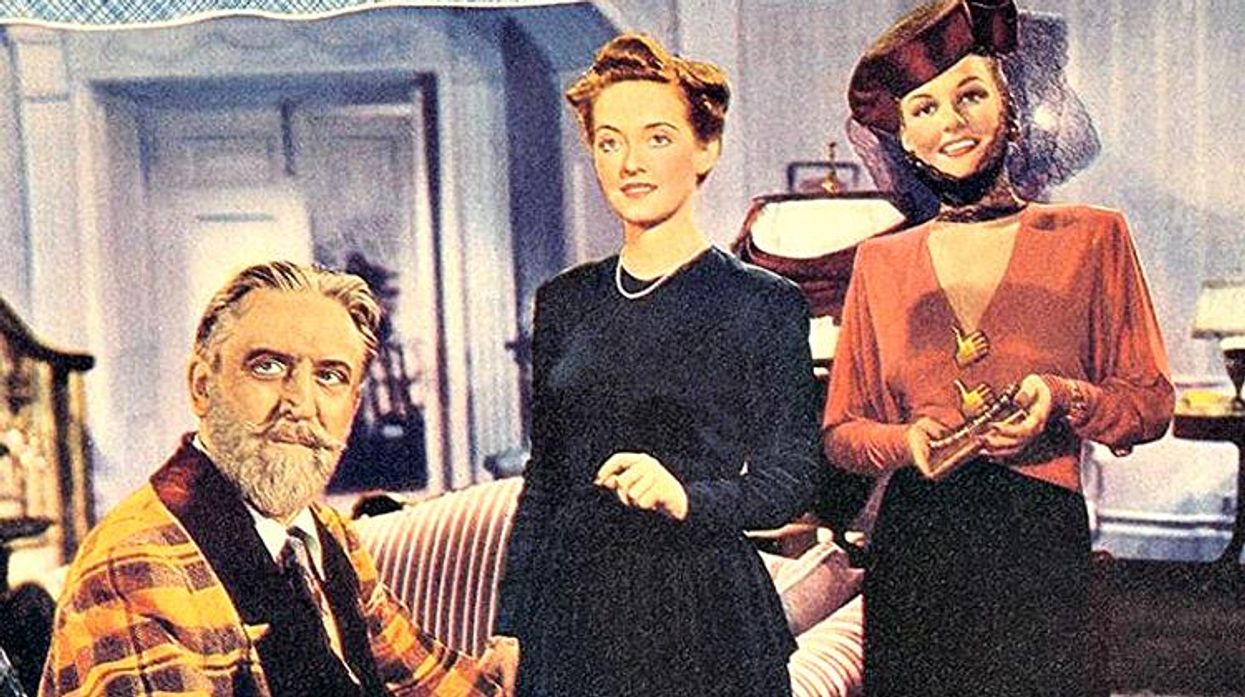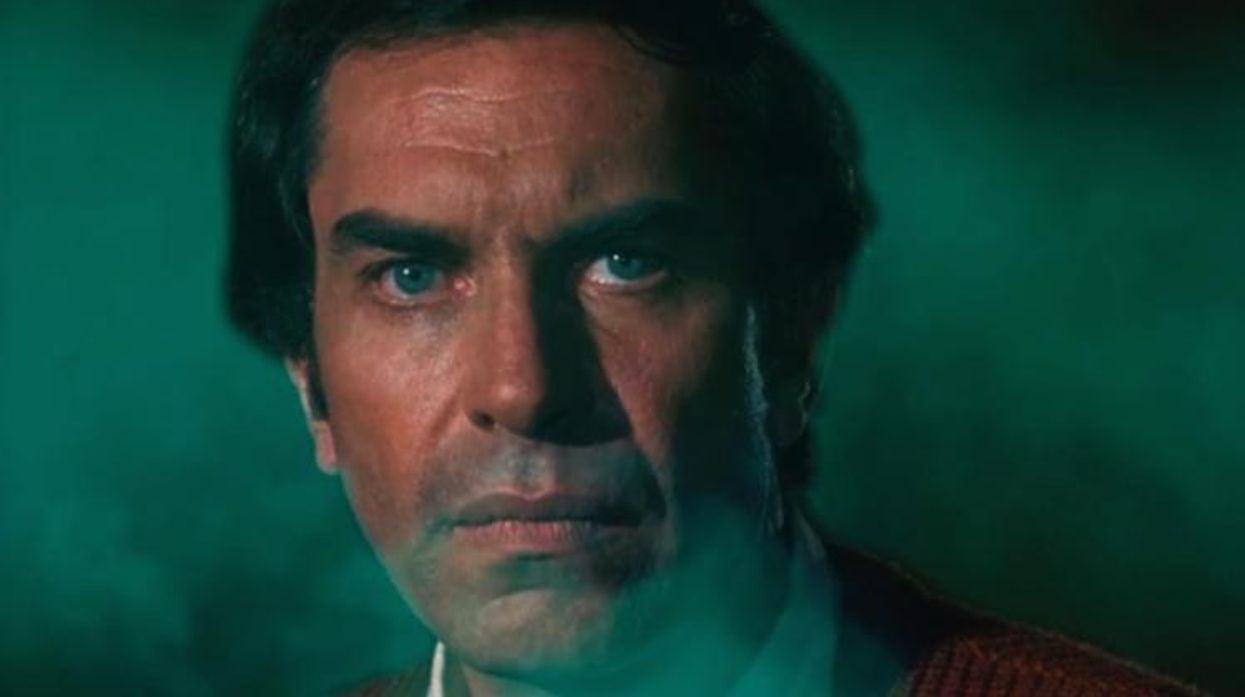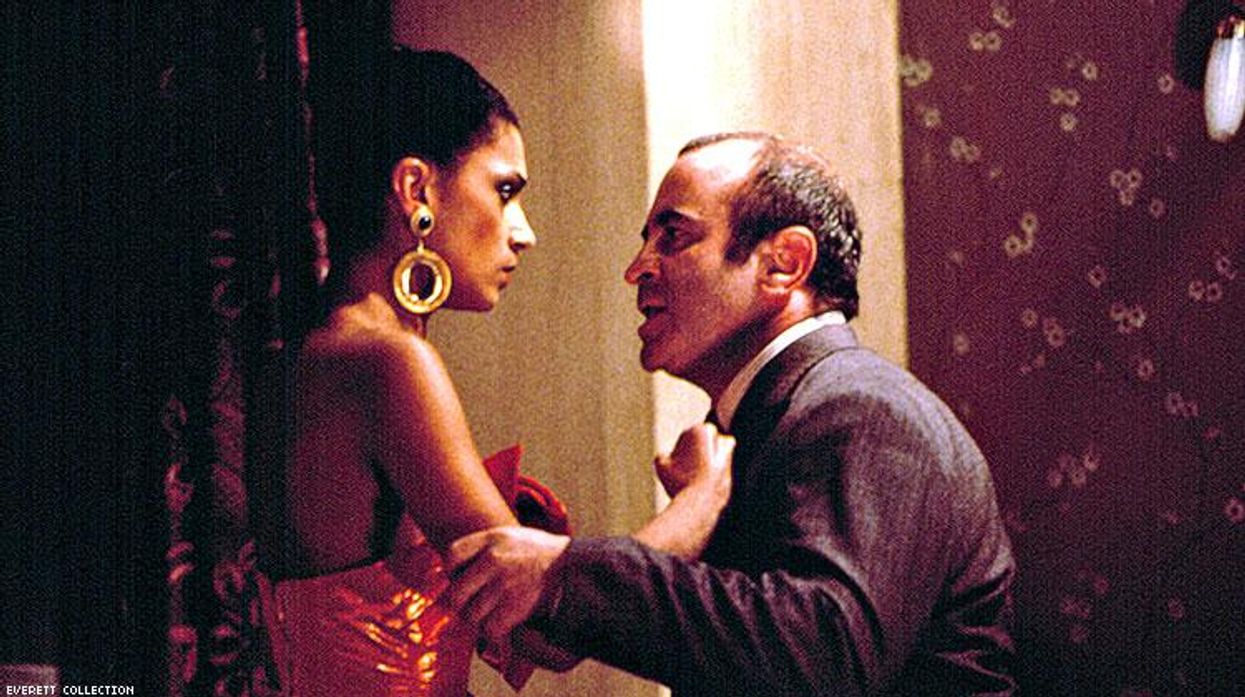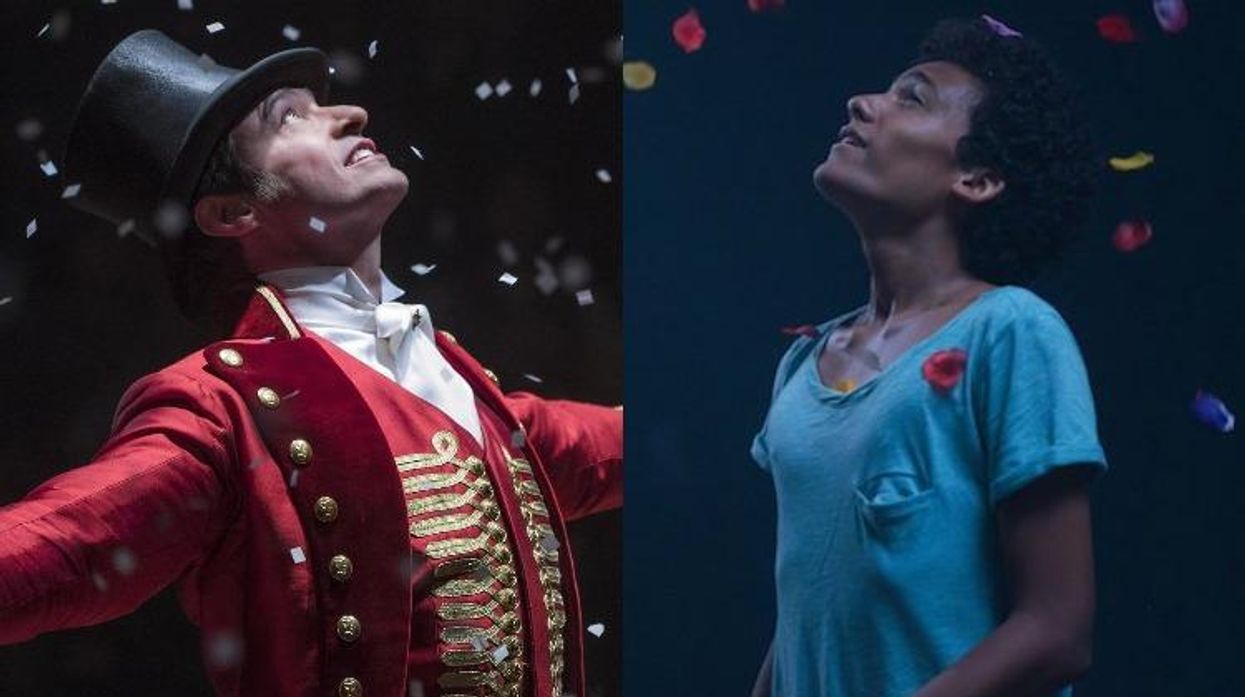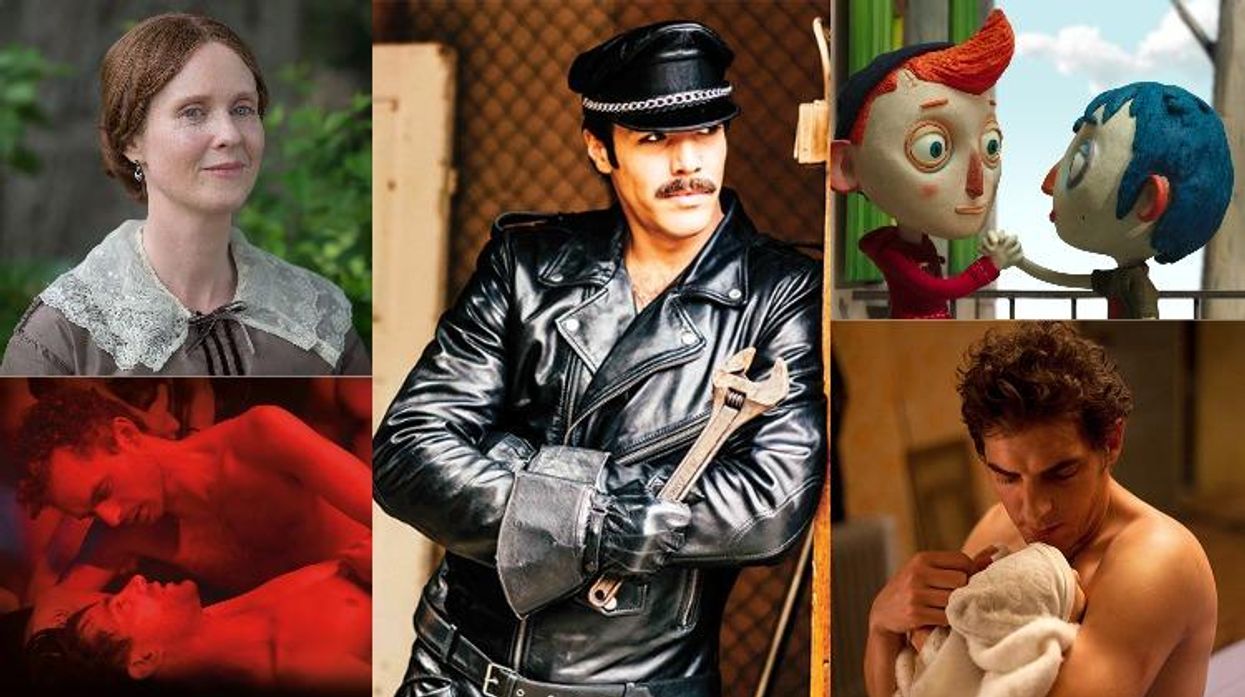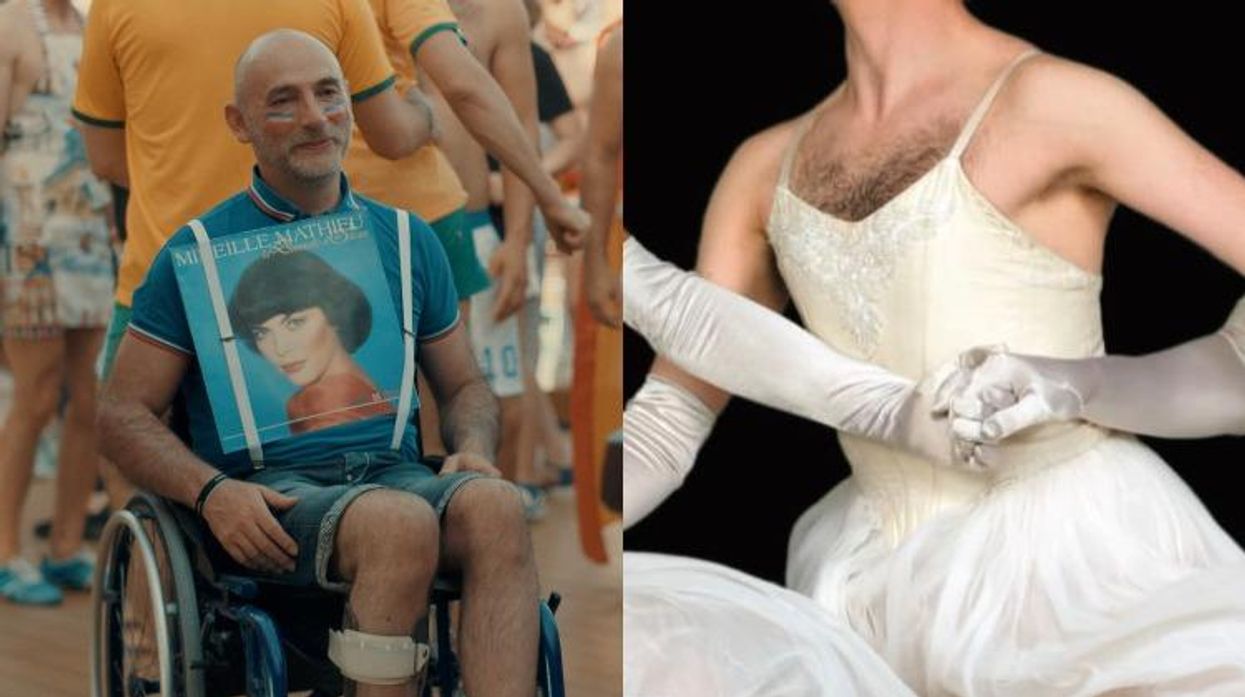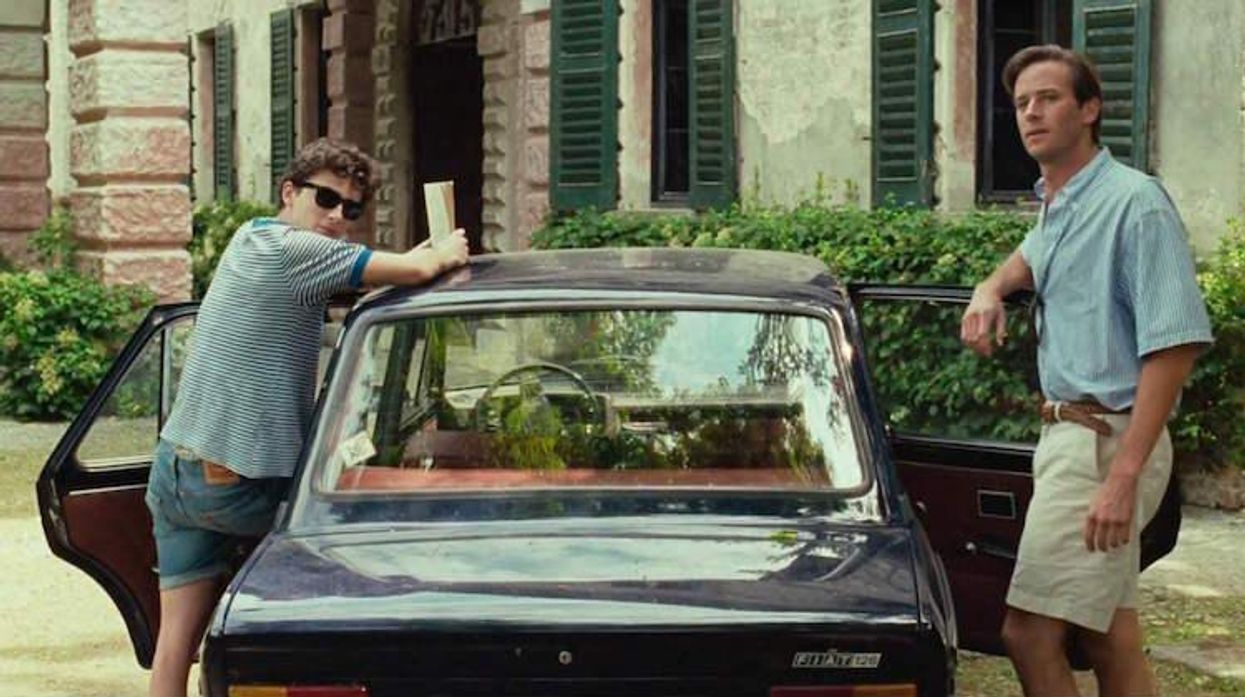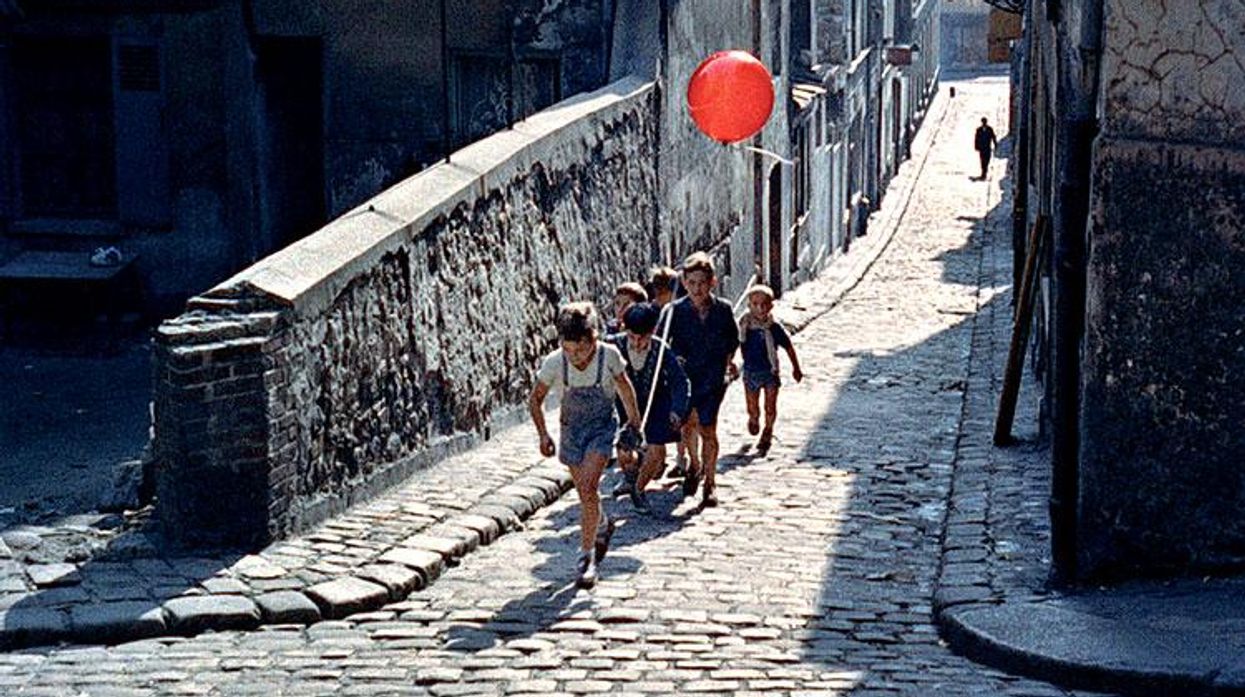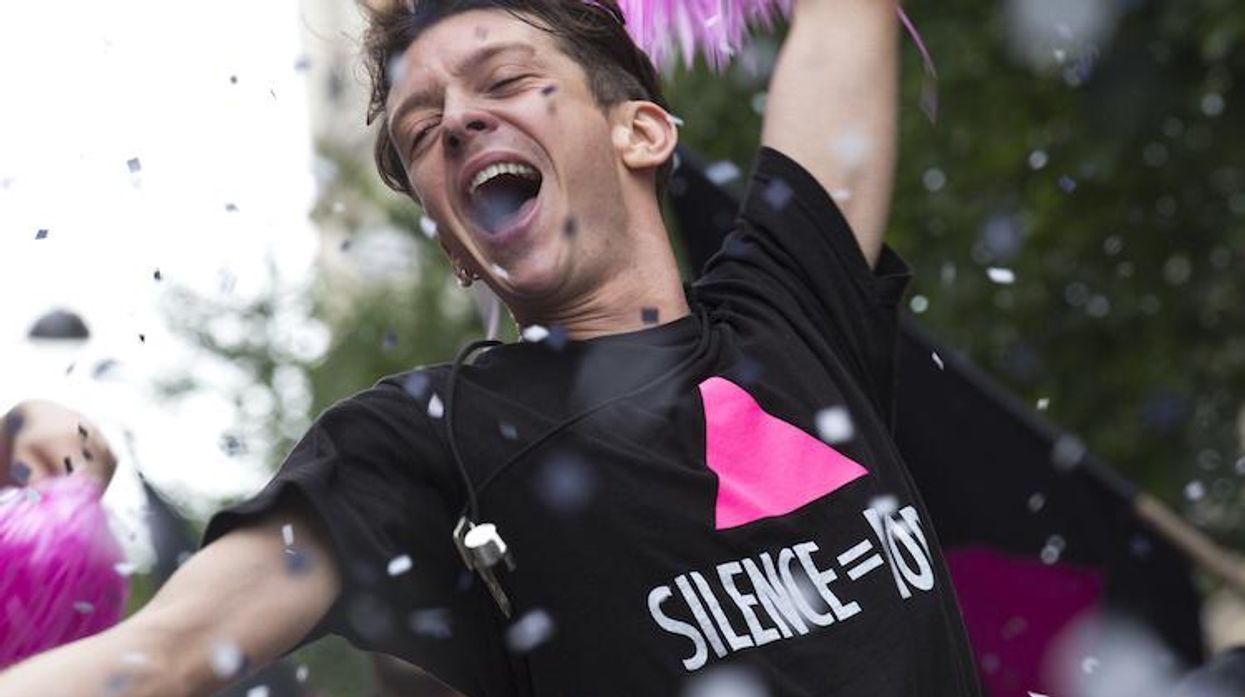The coming-out movie now replaces the coming-of-age movie. It can be a more exacting genre because it details coming to consciousness--how one come-out to oneself--rather than showing the by-now overly familiar fears and exploits of first lust and first love.
Catherine Corsini's Summertime (La Belle Saison) doesn't offer psychological examination like Stephen Dunn's Closet Monster, yet Corsini goes deeper and her girl's story has more clarity. Dunn gets stuck in the confusions of a boy's masculine-expectations, even fetishizing the emotional turmoil.
In both films, the characters already know their erotic feelings but struggle to find a place for their innate feelings. Summertime's Delphine (Izia Higelin), the only child of a French farming couple, grows up using her hands and loving the countryside. Being a tomboy is natural for her, as is the intimate friendship with a local country girl who succumbs to heterosexual tradition. Delphine escapes that pressure by moving to Paris, seeking life's possibilities, and meets Carole (Cecile France), a radiant, modern feminist she describes as "terrific, fabulous."
But Closet Monster's Oscar (Connor Jessup) stays put in his home town and in the house his father keeps after divorcing his mother. Oscar wants to do make-up for film and applies to a New York college, but, despite drawing ogres and flirting with drag, falls into inertia. He works as a clerk in a hardware store, tempted by a bad-boy coworker and indulges his imagination--when alone he talks to his pet hamster who talks back (voiced by Isabella Rossellini).
The female extrovert and male introvert are by no means the only types of gay adolescent behavior, yet these two films contrast those types. Summertime is set back in the 1970s while Closet Monster is contemporary. Their opposing different film styles tell us something about the tendency of some filmmakers to accept or transcend certain stereotypes.
Corsini unexpectedly shows the history of the women's liberation movement that Delphine enjoys without entirely accepting, while Dunn indulges the forces of repression. This probably has something to do with the directors' different responses to film culture's gay conventions. Oscar is haunted by a gay-bashing he witnessed as a child plus he's trapped under the influence of his sexually domineering father whereas Delphine works through her dilemma, especially when Carole visits the family farm, helps with the harvesting and compels everyone's recognition of their relationship.
Like too many male-centered gay films, Closet Monster stays within Oscar's psychological prison, taking on his deviant fantasies as the essence of gay identity. Oscar's Pinocchio-Jiminy Cricket act with Isabella-the-hamster infantilizes him which, eventually, infantilizes the movie. Dunn frequently misplaces the sense of humor one hears in Rossellini's inflections and settles for misery. Oscar needs to listen to some Bowie, Sylvester, Morrissey.
Both these films are about the voice of gay consciousness. This comes clear in the 1971 feminist cell scene where Delphine watches butch activists chant their own version of the Communist Internationale: "Now women come rally/And the last orgasm let us face/Lesbians and f****ts/ Unite the human race."
Somehow that revolutionary, empowering message never got through to Dunn. His film seems sexually and psychologically arrested in the pathology that blocks coming out. Dunn depicts Oscar's repression as if it inspired cinematic wizardry (Oscar is drawn to monster movie fantasies like so many bottled-up teens who then age into horror-loving immaturity.) But Corsini, aided by cinematographer Jeanne Lapoirie who shot Andre Techine's coming-out masterpiece Wild Reeds, presents a gay heroine who comes to consciousness and, with a little difficulty, adjusts to her place in the real, vividly cinematic world.
Summertime and Closet Monster are available on iTunes.


